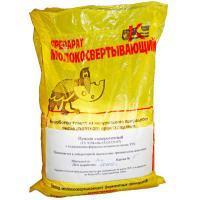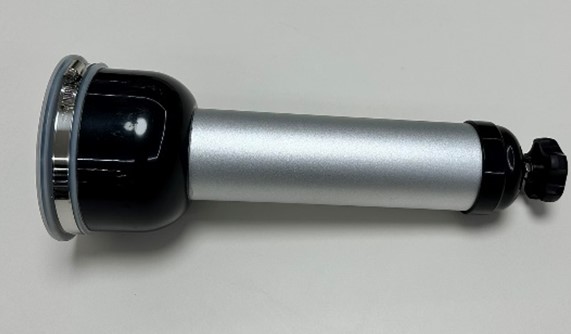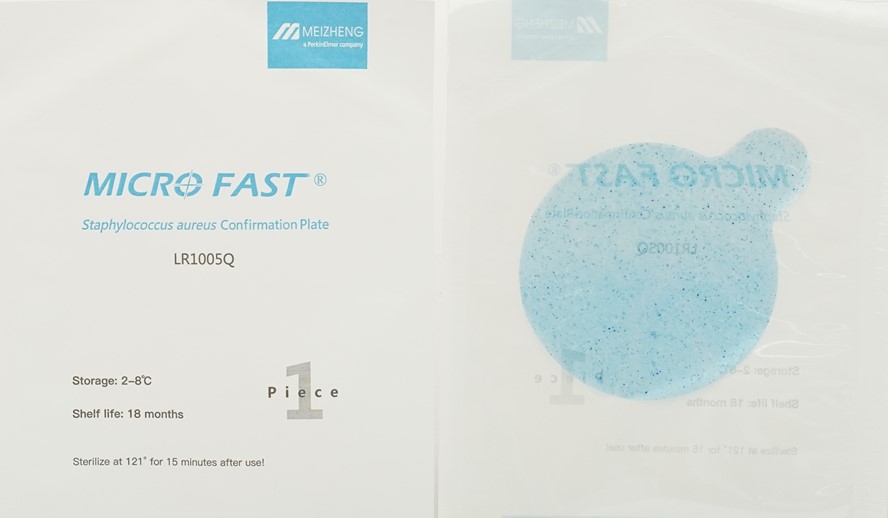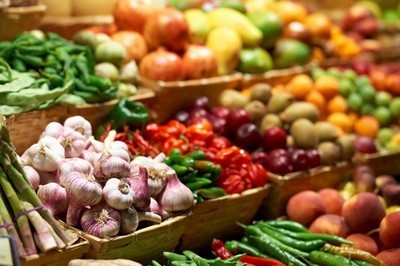The State Department announced a joint strengthening of sanctions against Russia with the G7
The American authorities, together with the governments of other G7 states (G7: Great Britain, Japan, France, Germany, Italy, CANADA and the usa ), are developing new restrictive measures against Russia. This was stated by Senior Deputy Assistant Secretary of State for European and Eurasian Affairs Derek Hogan at the discussion platform Wilson Center.
“We are very actively working on how we can strengthen our sanctions package. We are doing this in close coordination with the G7 member countries,” the diplomat said (quoted by RIA Novosti).
Hogan pointed out that in order to use the frozen assets of the Russian Central Bank to restore Ukraine, many legal obstacles must be overcome. At the same time, Washington intends to send about $1.5 billion to Ukraine every month through "various mechanisms," he continued, adding that funds in such volumes would be transferred within 4-5 months.
Experts assessed the long-term effect of sanctions on the Russian economy Economics
Since the end of February, the European Union, the United States, Japan, Australia and other countries have introduced a number of restrictive measures against Russia.
In early June, US Treasury Secretary Janet Yellen called for a coalition of countries to impose sanctions against Russia. In her opinion, such a step would enhance the effectiveness of restrictive measures. Yellen elaborated at the time: "In my opinion, we need a fairly large group of countries."
Now the G7 countries are discussing the likely establishment of restrictions on the purchase of oil of Russian origin, this was announced in early June at the White House. US national security adviser Jake Sullivan indicated that negotiations on this issue are also underway through other diplomatic channels.
Read on RBC Pro Pro The dark side of the leader. What is goodScholz announced serious problems with the refusal of oil and gas from Russia Business
According to Yellen, Western countries can create a special "big cartel" to control the price of oil bought from Russia. With such measures, Washington intends to achieve the establishment of a ceiling on the cost of fuel, which will reduce revenues to the Russian budget, the minister said. At the same time, the United States hopes not to provoke "too much pressure on the global economy," she concluded, stressing that these measures threaten "stagflationary shocks."
So far, reducing dependence on Russian oil has become "a serious practical problem," said German Chancellor Olaf Scholz. At the EU summit in Brussels in early June, he pointed out that about 90% of the oil for Berlin and Brandenburg comes from an oil refinery in Schwedt, he previously used only Russian oil as a raw material. This means that the process of abandoning oil of Russian origin will be a long one, Scholz explained.
See also Sanctions against SWIFT 01:44




























































